E. S. C. Weiner, Andrew Delahunty, Janet Whitcut0198613016
Have you ever had doubts about when to hyphenate two words? Confused over whether you should disassociate or dissociate yourself from something? Do you know when to spell doggie as doggy? Is it really a rule that a preposition should never fall at the end of a sentence? Now there is a singleconvenient source you can turn to with all your questions about how to speak and write more clearly: The Oxford Guide to English Usage, now available in a completely revised New Edition.In The Oxford Guide to English Usage Andrew Delahunty and Edmund Weiner (co-editor of the twenty-volume revised Oxford English Dictionary) provide succinct, practical advice on problems that writers struggle with every day. Designed for daily use, this marvelous handbook is organized according tobasic themes (Word Formation, Pronunciation, Vocabulary, Grammar, Punctuation) and written to address the actual needs of a typical writer. Under “Word Formation,” for instance, the authors offer helpful guidance on suffixes (drop the final silent e when adding -able), those troublesome hyphens,variations between British and American spelling, and why the prefix in- appears in some words and un- in others. The book’s approach is consistently straightforward and practical. On the split infinitive, for example, the authors write that it should generally be avoided, but not to the extentthat awkward, contorted sentences are the result. And they have this to say about prepositions: “It is a natural feature of the English language that many sentences and clauses end with a preposition, and has been since the earliest times. The alleged rule that forbids [it] should be disregarded.They also offer help on many other matters of grammar, punctuation, and pronunciation (with a thorough guide to differences in American and British usage). Along the way, the Oxford Guide to English Usage offers numerous examples from renowned writers that demonstrate proper usage – or how rules canbe broken to good effect. For instance, after describing when the prefix un- should be used, the book offers this coinage by Anthony Burgess: “Joyce’s arithmetic is solid and unnonsensical.In the decade since The Oxford Guide to English Usage first appeared, it has emerged as a well-thumbed favorite of students and writers everywhere. This New Edition has been completely revised to keep abreast of our rapidly changing language, featuring 20% more material, along with the wry,practical advice that has made this book a classic. | |
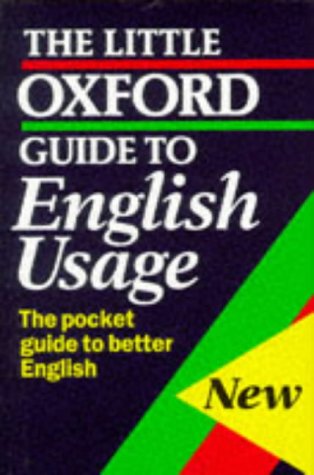
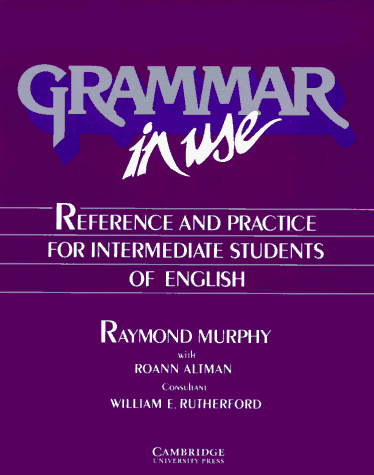
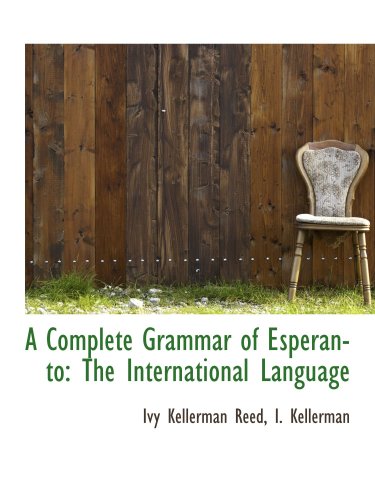
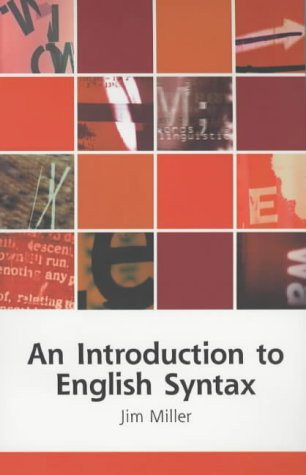
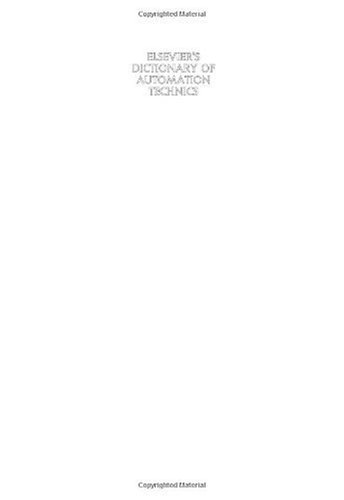


Reviews
There are no reviews yet.